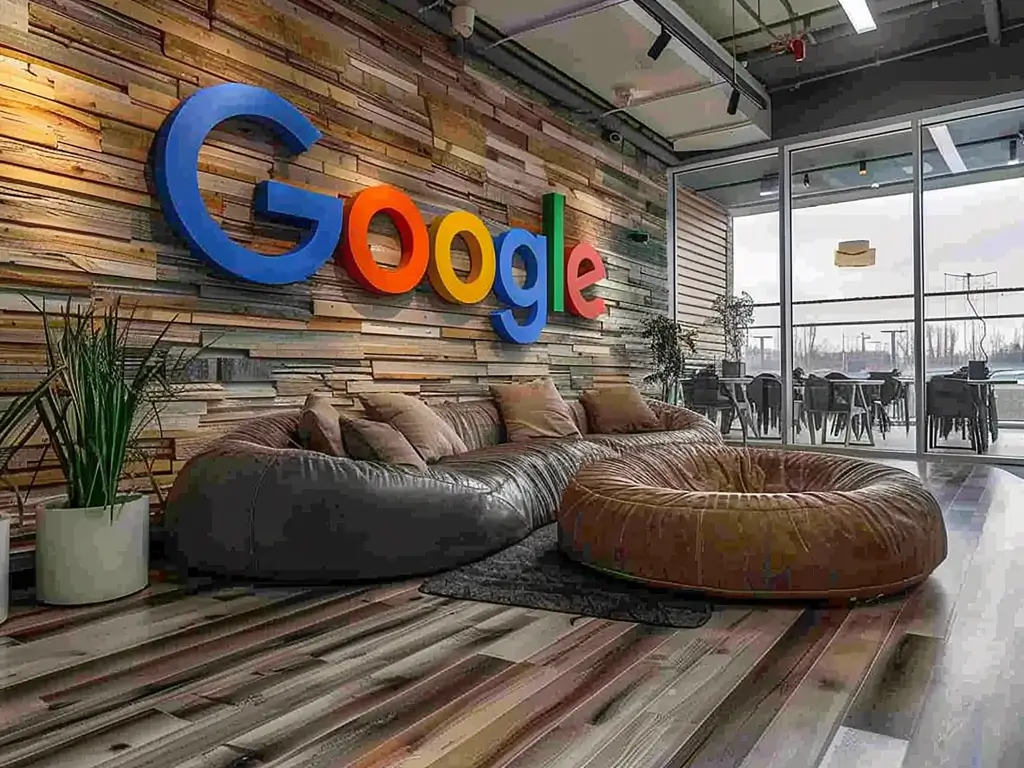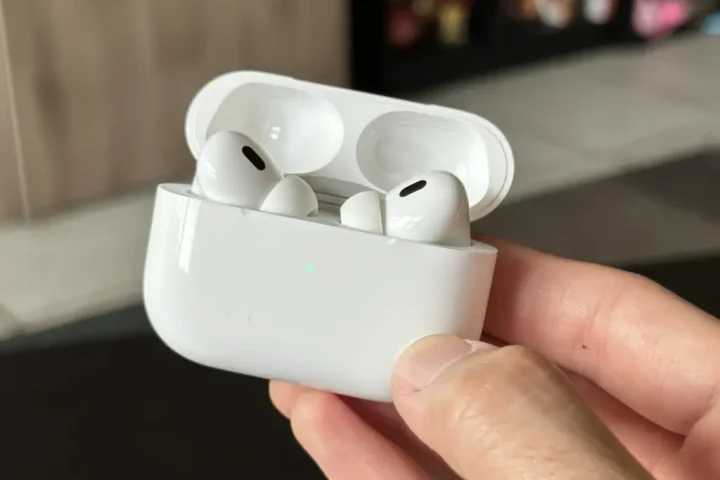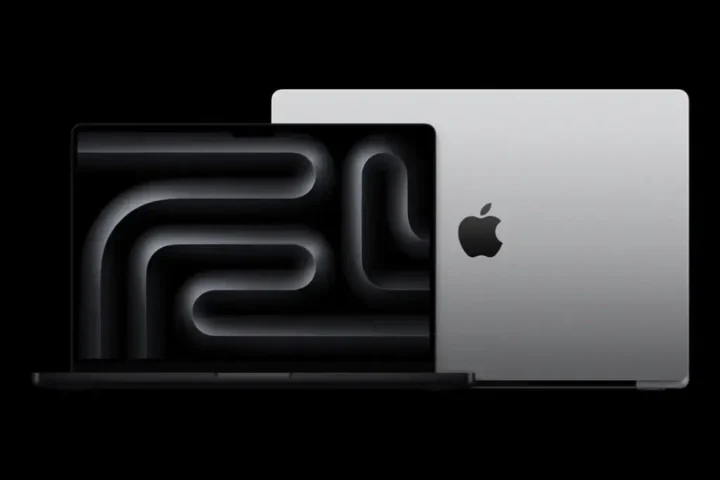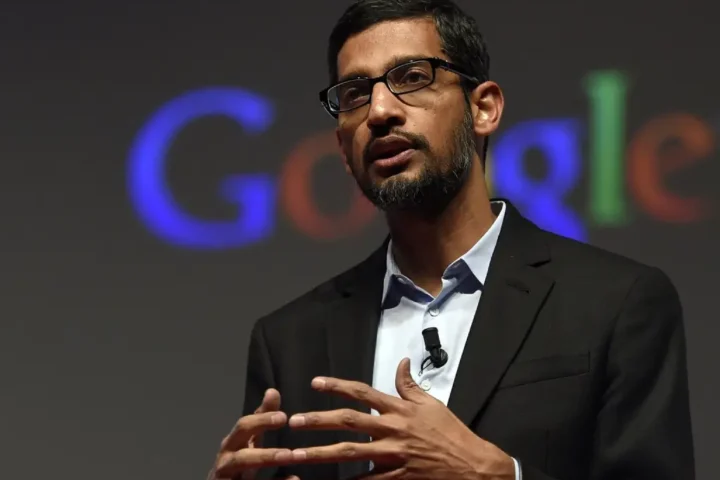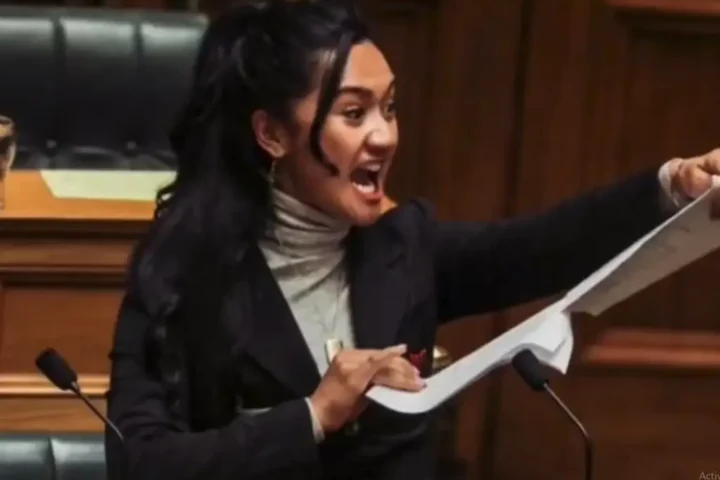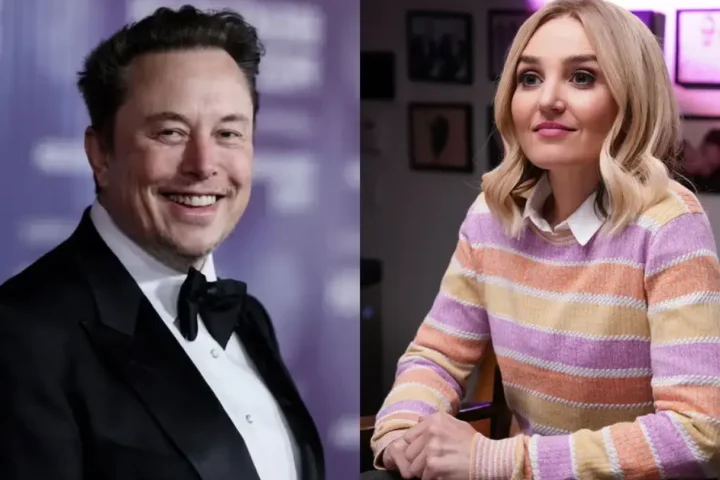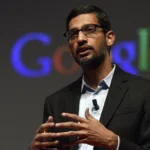Table of Contents
As the possibility for fast-paced advances in AI has increased in recent years, Google has restructured itself due to the need to strengthen them, as stated by CEO Sundar Pichai, where the Gemini Google Voice application, Google Assistant, and the Google Search department have been revamped. This change in direction is intended to make OM controls more efficient and enhance the designs and production of products at the technological giant.
The New Home for Gemini
Formerly reporting to Google Knowledge & Information, which includes Search, Ads, Geo (Maps), and Commerce, Gemini app reporting will now fall under Google DeepMind. This transition is to result in more integration to improve feedback loops and time taken when deploying new models in the Gemini app. According to Pichai, this will improve feedback loops, make it faster to deploy new models in the Gemini app, enhance post-training, and increase the great product momentum.
A Fresh Focus for Assistant
As part of the Gemini organizational reshuffle, teams linked to Google Assistant for devices and home experiences shall move under the Pixel and Android remit. This transition is expected to increase integration between assistant teams and the product surfaces that they are building to seek to achieve a better end-user experience in AI home projects. Google expects that the inclusion of Assistant into the Pixel division will spur innovation in smart home systems as part of the firm’s strategy for a more connected real world.
Leadership Changes and Strategic Direction
As part of this organizational reorganization, Prabhakar Raghavan, SVP of Google Search, will now become Google’s Chief Technologist. Some of the areas Raghavan has worked in at Google include research, workspace, and ads in his comprehensive career there. In the new position, his responsibilities shall be to give direction and guidance on technological matters with the overall goal of ensuring that there is a technological culture within the company.
Some of the former employees credited Raghavan for creating the first draft for Gmail called Smart Reply, and for Smart Compose plus overseeing AI initiatives in Google Search and Ads. He has been very instrumental in increasing user participation, where witnessed by the growth of the likes of, Gmail and Google Drive all with over 1 billion users.
A New Leader for Knowledge & Information
Knowledge & Information division will be managed by Nick Fox now, he used to be a Google executive who managed Assistant during its launch. Fox’s years of experience as a Googler, along with his insights into the future roadmap of AI products, will put him in good stead as he guides this division in this new world. He has been directly involved in the launch of numerous consumer products, Google Fi among them, and is also heavily involved in helping set the course for Google’s artificial intelligence efforts.3
What This Means for Google’s Future
This reshuffle indicates that Google is planning on beefing up its AI chops as well as better integration of its disparate services in a more cohesive fashion. Looking at how they align the teams behind the Gemini app within DeepMind and shifting Assistant to be closer to hardware talent, Google is positioning itself to unlock the most value from its AI platforms.
However, as the correction of such an approach is still underway at the tech giant exploring the prospects of artificial intelligence, its outcomes may turn into a significant implication for both Google and its users. With a more unified business approach and great emphasis on AI, the future is bright for Google’s artificial intelligence projects.
